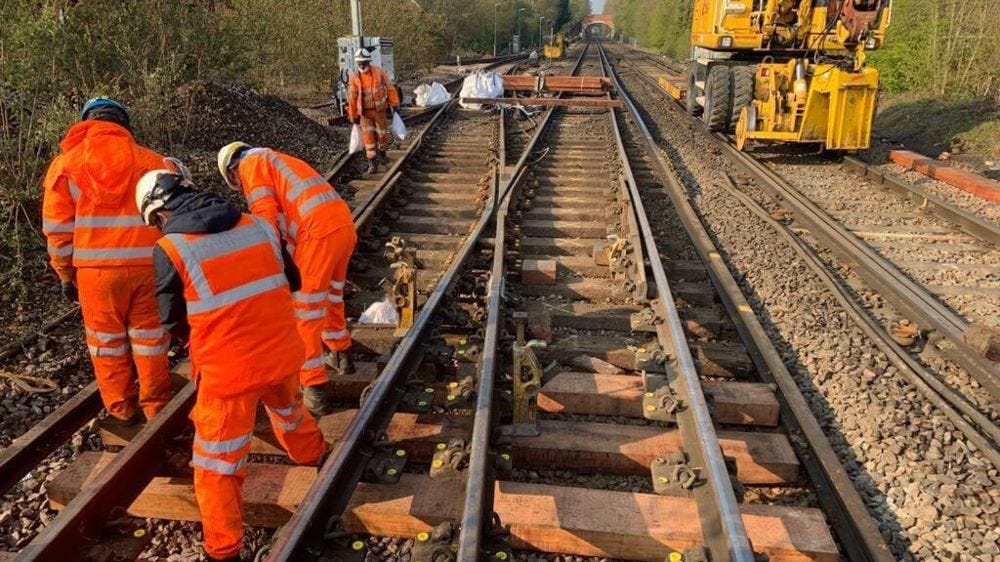NEWS.CATEGORY: Industrial
Network Rail job cuts could have “devastating consequences” for rail safety, warns TSSA

Rail union TSSA warns that plans by Network Rail to cut more than 2,600 maintenance and works delivery jobs could have “devastating consequences” to the safe running of the rail industry. TSSA says strike action will be considered if unsafe cuts are made or compulsory redundancies put forwards.
The rail infrastructure company is proposing to cut 2,660 jobs from its maintenance and works delivery workforce. Additionally, it plans to scrap the front-line ‘operative’ role, abandon certain pieces of maintenance work, and reduce the size of teams who maintain Britain’s railways.
Network Rail (NR) is starting consultation with unions over the proposals this Thursday (10 March) but the company is refusing to rule out compulsory redundancies.
It is also proposing that staff work across wider geographical areas (‘cross boundaries’) but has not responded positively to suggestions that staff be allowed redeployment opportunities outside of their current areas in what smacks of a “one rule for them, another for us” approach to the reorganisation.
Manuel Cortes, TSSA General Secretary, said: “What Network Rail is proposing is massive job cuts and massive changes to working practices which could have devastating consequences to the safe running of our rail industry. We fundamentally disagree with NR’s claim that some of this work is unnecessary.
“Staffing cuts and reduction in maintenance work could see a return to the bad old days of Railtrack when rail infrastructure wasn’t properly maintained and saw some of the most deadly and devastating rail accidents.
“Make no mistake, if we think NR is making unsafe cuts – or if any one of our members faces compulsory redundancy – we will be balloting for industrial action.”
TSSA has serious concerns about the reduction of Maintenance Scheduled Tasks (MSTs) and believes this poses a safety risk to the railways as fewer inspections and regular maintenance work will take place.
Network Rail are looking to make cuts of £100million per year and have big targets to reduce their wage bill. Additionally, they are looking to move to a centralised/personalised rostering method and incorporate cross boundary working.
